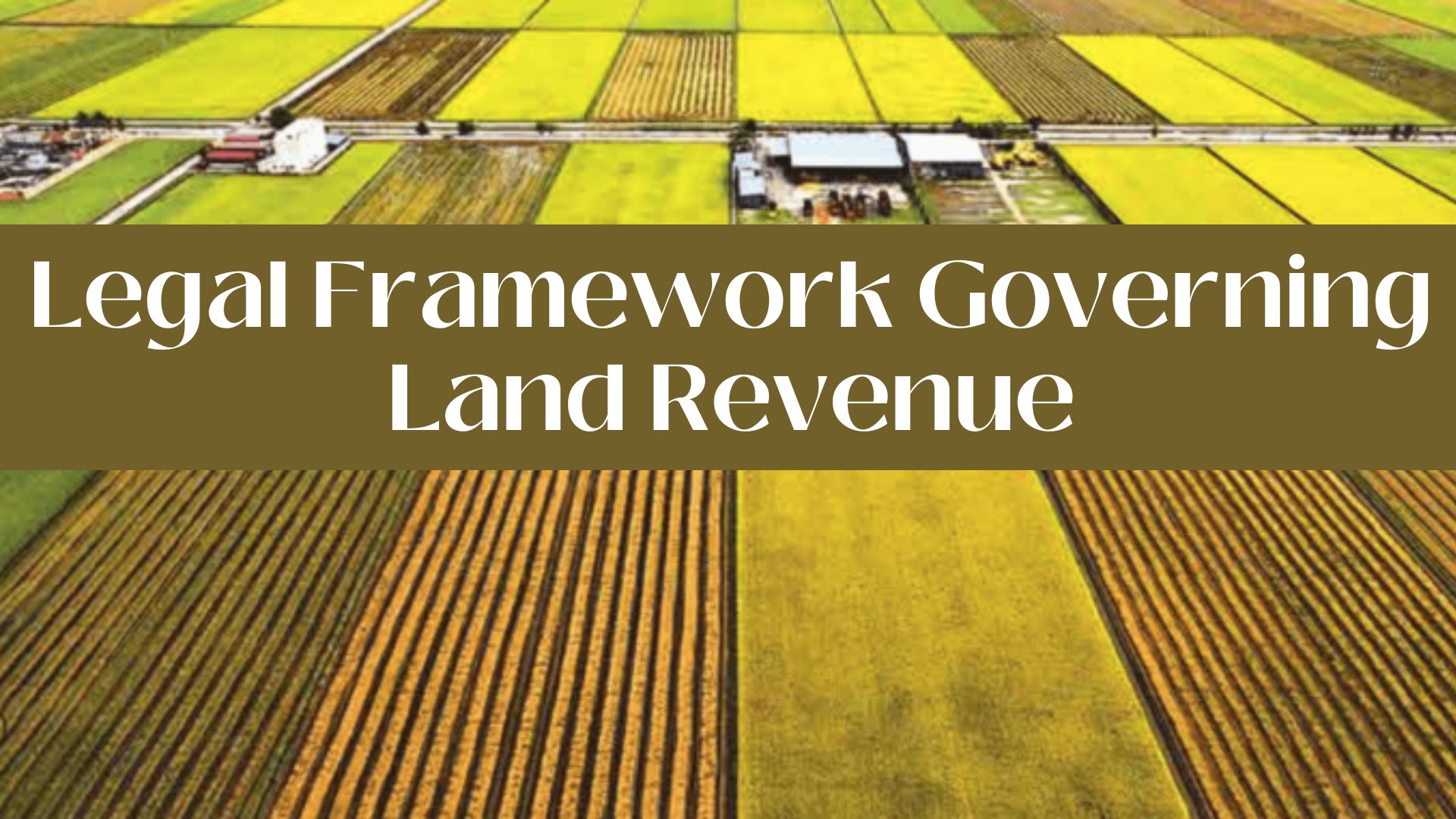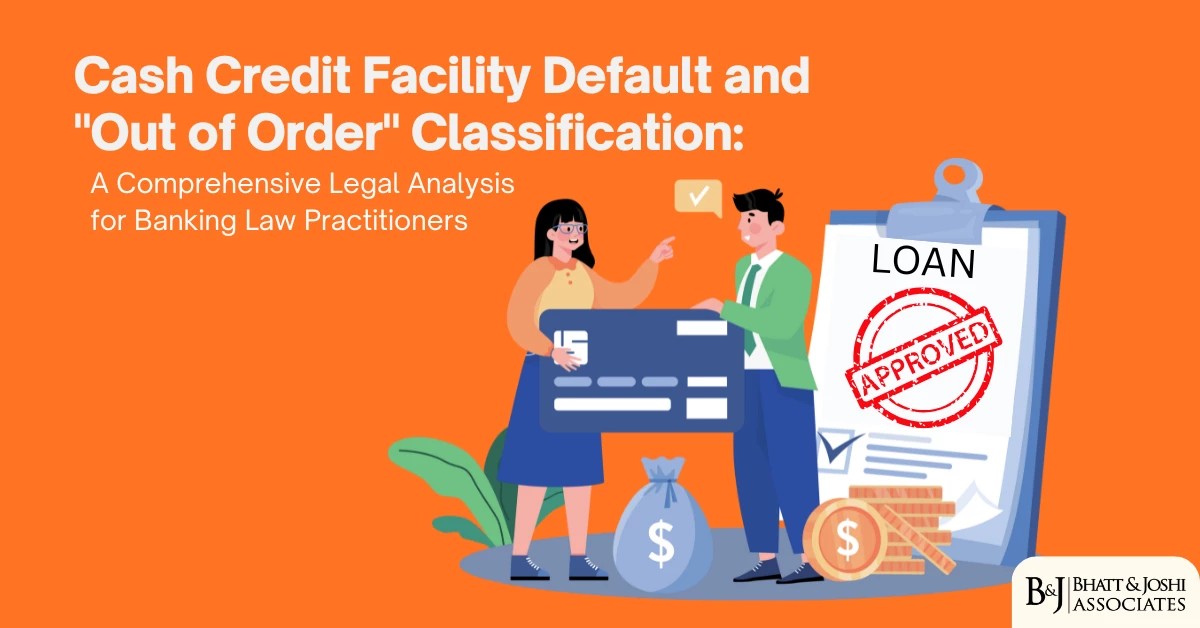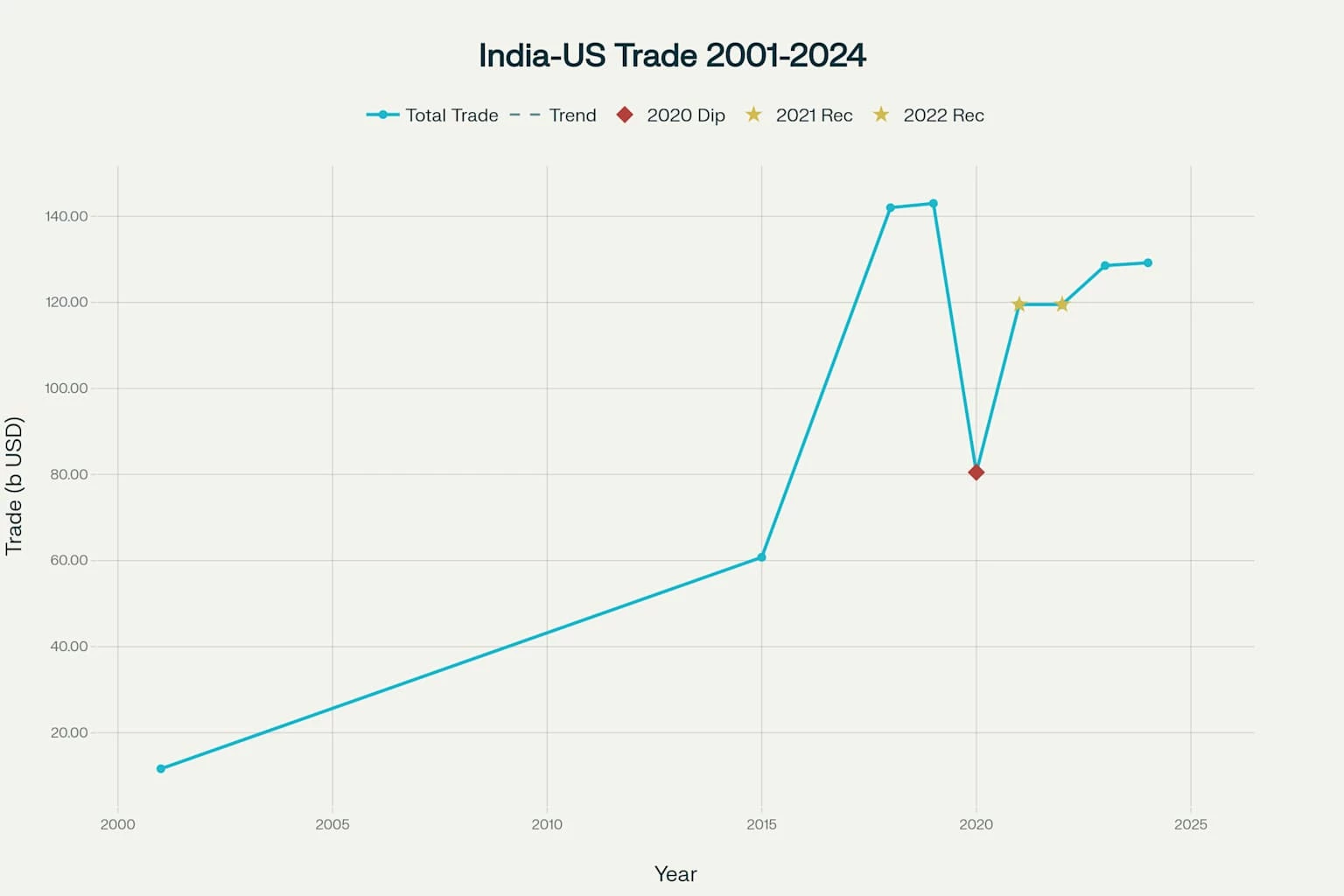Introduction
The legal framework governing land revenue in Gujarat is a complex yet well-structured system that has been evolving over years. It is primarily based on the Gujarat Land Revenue Code, 1879, which has undergone various amendments to adapt to the changing socio-economic landscape. This chapter aims to dissect the legal frameworks that stand as the pillars of land revenue administration in Gujarat.

The Gujarat Land Revenue Code, 1879
The Gujarat Land Revenue Code, 1879, serves as the foundational legal document for land revenue administration in Gujarat. It outlines:
- Land Classification: Categories of land and their respective revenue implications
- Land Assessment: Methods for calculating land revenue
- Land Records: Maintenance and updating of land records
- Land Revenue Courts: Jurisdiction and functions
Application of Land Records in Gujarat
Land records have several applications in Gujarat. Some of them are:
- Property Transactions: Land records are used to verify ownership during property transactions.
- Dispute Resolution: Land records are used to resolve disputes related to ownership or tenancy.
- Planning and Development: Land records are used to plan and develop infrastructure projects such as roads, railways, and airports.
Land Revenue Administration
The administration of land revenue is a multi-tiered system involving various authorities:
- Collector: The highest authority at the district level.
- Mamlatdar: Responsible for a Taluka or revenue subdivision.
- Talati: Village-level revenue officer.
The code and its subsequent amendments, defines their roles, and outlines their powers and responsibilities
Land Revenue Records
The Code mandates the maintenance of several forms and records, most notably:
- Village Form No. 6: For mutations and land changes.
- Village Form No. 7/12: Extract pertaining to land possession and other rights.
- Village Form No. 8A: For agricultural land records.
These records serve as the backbone of land revenue administration, providing a transparent and accountable system.
Land Revenue Courts and Offenses
The Code also establishes a judicial framework for resolving land revenue disputes. It outlines the types of offenses related to land revenue and the penalties thereof.
Amendments and Their Impact
Over the years, the Code has been amended to include:
- Land Ceiling: Limitations on landholding sizes
- Land Reforms: Redistribution of land to landless farmers
- Computerization of Records: Digitalization of land records for transparency and ease of access
Conclusion
The legal framework governing land revenue in Gujarat is a well-oiled machine, thanks to the Gujarat Land Revenue Code, 1879, and its subsequent amendments. These legal documents not only provide the rules of the game but also ensure that the game is played fairly and transparently.













